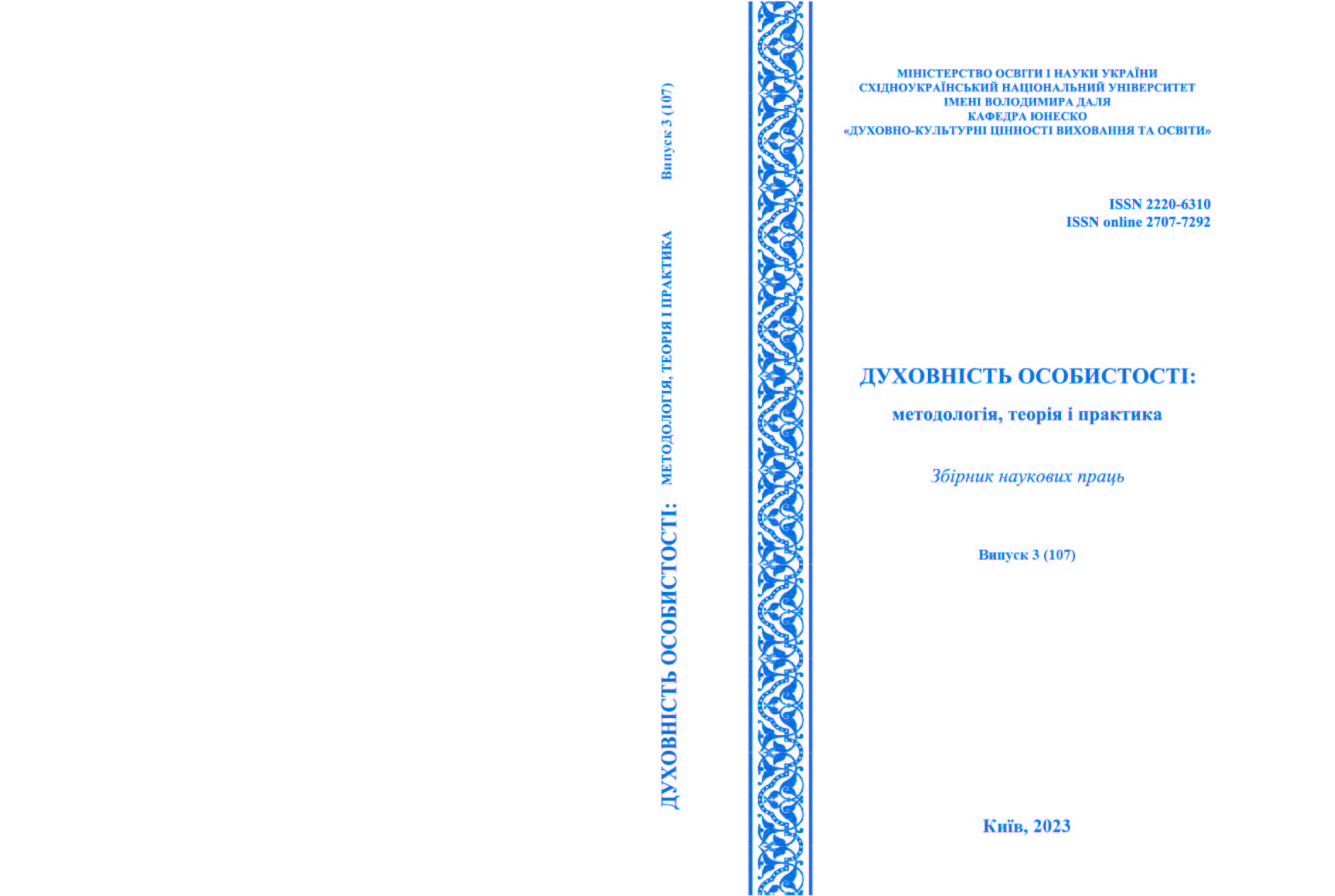THEORETICAL AND METHODOLOGICAL ASPECTS OF STEAM EDUCATION AND THEIR ROLE IN THE FORMATION OF SOFT SKILLS IN HIGHER EDUCATION STUDENTS
DOI:
https://doi.org/10.33216/2220-6310/2023-107-3-67-81Keywords:
STEM/STEAM education, soft skills and STEM competencies, STEAM teacherAbstract
The article reveals the theoretical and methodological aspects of STEAM education and their role in the formation of soft skills in higher education students; characterizes the approaches used in practice in the process of forming soft skills in higher education students, namely, transdisciplinary, interdisciplinary, integration, and systemic approaches. An integrated approach to learning in the STEAM education format bridges the gap between theoretical knowledge and its practical application; transdisciplinarity, according to Piaget, as a new field of knowledge, the highest level of interdisciplinary relationships that blur any boundaries between disciplines in the process of scientific research, can expand the horizons of knowledge through art. In the context of an interdisciplinary approach to education and training intertwining disciplines and approaches is a good way to see things differently and act differently, based on numerous examples in science and practice.
It is noted that the introduction of STEAM in higher education opens up wide opportunities to influence the training of innovative specialists at both the professional and personal levels.
Particular attention is paid to understanding the theoretical foundations of STEAM education, as well as the readiness of teachers to teach and motivate students. It is suggested that teachers develop elective courses or elective courses in the form of presentations based on STEAM education.
The article presents STEM/STEAM education as a tool for transforming modern higher education; emphasizes the attractiveness of STEAM education, the complementarity of soft skills and STEM competencies; proves the relevance and practical value of soft skills of students for their future professional activities
The author provides examples of practical application of STEM/STEAM approaches in the process of forming soft skills in higher education students on the example of professional disciplines. Creative, analytical, creative, and innovative thinking, the ability to work on projects in a team, information literacy and skills in the effective use of ICT are an incomplete list of soft skills of a modern student.
The conclusions propose to introduce innovative pedagogy into the educational and professional programs of various specialties, which has a system of views and value orientations of the subjects of the educational process; to take into account the theoretical and methodological aspects of STEM/STEAM education and their role in the formation of soft skills in higher education students and teacher training; to develop autonomous modules for acquiring soft skills in combination with STEM competencies; to take into account the needs of stakeholders by developing skills required in the workplace; to reorient higher education to develop students' soft skills as a solution to the problem of success in the future professional activities of graduates

